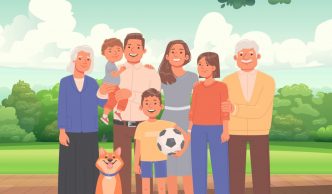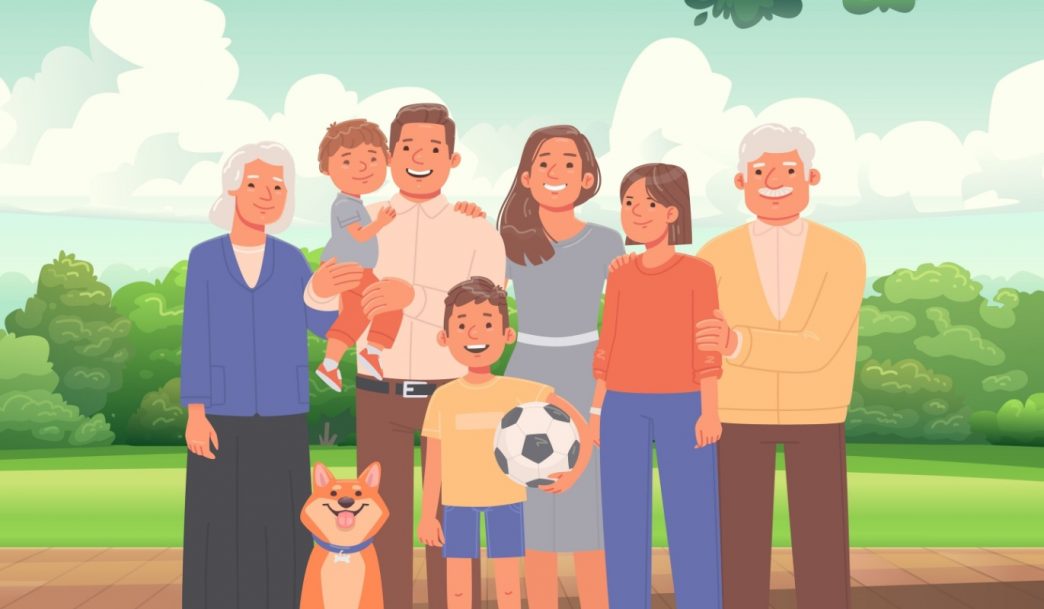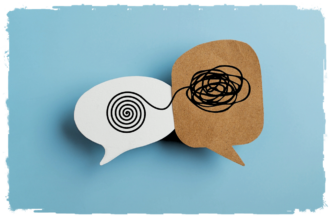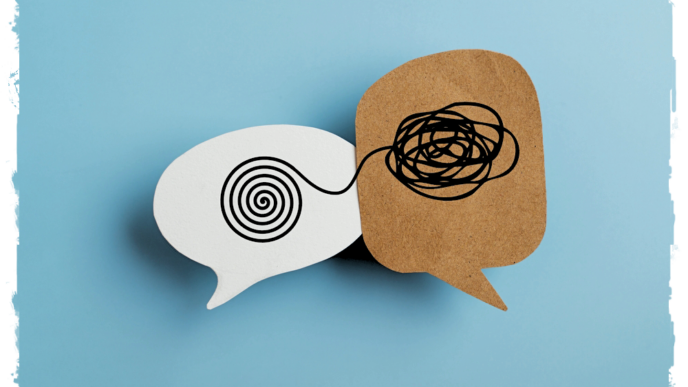WORDS DR MUGILARASI ARASARETHINAM
 FEATURED EXPERT FEATURED EXPERTDR MUGILARASI ARASARETHINAM Senior Lecturer and Hub Leader Active Ageing Impact Lab Taylor’s University |
Picture this: An elderly man on a bus, oblivious to a conductor’s increasingly frustrated calls for his ticket. As I witnessed this scene in my medical school days, it became clear that this wasn’t just about a missed fare–it was a poignant snapshot of a much larger issue.
WHY EFFECTIVE COMMUNICATION MATTERS MORE THAN EVER
In our rapidly ageing world, the art of connecting with older adults is becoming crucial. It’s not just about exchanging words; it’s about:
- Fostering a sense of belonging
- Preserving dignity and self-worth
- Combating loneliness and isolation
- Promoting mental well-being
AGE-RELATED CHANGES THAT IMPACT CONNECTION
Hearing Loss: The Silent Barrier
- Nearly 70% of Malaysians over 60 experience age-related hearing loss.
- Untreated hearing issues can lead to irreversible communication damage.
Cognitive Decline: When Memory and Language Falter
- 8.5% of older Malaysian adults (about 260,000 people) live with dementia.
- Dementia affects memory, language skills, and social engagement.
Slower Information Processing Speed: The Need for Patience
- Older persons tend to have lower word retrieval and speech processing.
- One requires more time to comprehend and respond to them,
HOW TO AVOID COMMUNICATION PITFALLS WITH OLDER PERSONS
Avoid Over-Accommodating
- Using “elderly talk” or “second baby talk” (exaggerated manner of speaking resembling how adults communicate with children) when talking to older persons can be patronizing.
- This behaviour reinforces negative stereotypes about ageing.
- It may damage an older person’s self-esteem and cognitive function.
Also Avoid Under-Accommodating
- Ignoring an older person’s age-related challenges can lead to frustration.
- It can result in social isolation and exclusion of the older person.
- It also increases risk of misunderstanding and potential exploitation of the older person.
AVOID THESE PITFALLS WITH THE “ABCDE” OF COMMUNICATION
A: Assume Not
- Avoid having or making preconceptions about an older person’s abilities or limitations.
- Take time to learn and understand them first.
B: Be Present
- Maintain eye contact and show genuine engagement.
- Ensure assistive devices for the older person (hearing aids, glasses, etc) are in use.
C: Calibrate Often
- Adjust your tone and volume as needed.
- Pay attention to non-verbal cues from the older person and react accordingly.
D: Dignity at All Costs
- Remember: Age is just a number!
- Treat older adults with the respect they deserve.
E: Engage with Empathy
- Practice patience and allow extra processing time.
- See the person for who they are, not just their age or potential disabilities.
PREPARING FOR AN AGEING FUTURE
As we approach 2030, when older adults will dominate our population, it’s crucial to:
- Educate ourselves on age-related communication challenges.
- Develop skills to foster nurturing connections.
- Create a society where all generations can thrive.
Remember: How we communicate with our elders today sets the stage for how we’ll be treated in our own golden years. Let’s make every interaction count!














